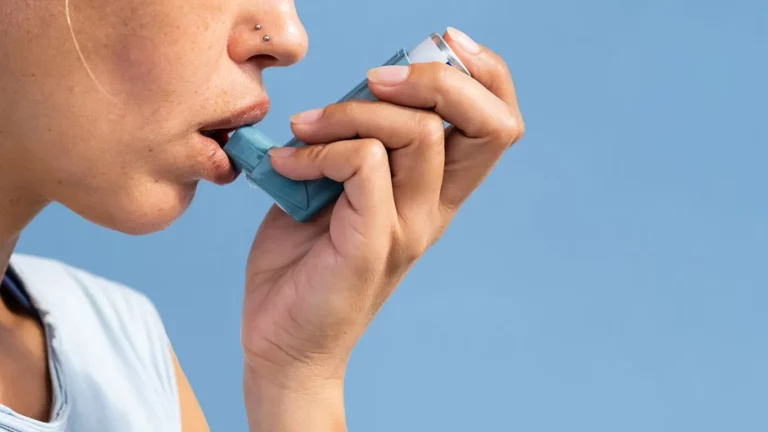Eye Floaters in People With Perfect Vision Can Be Alarming
So there I was, sitting at my desk, sipping my usual morning coffee, and staring at my screen when I noticed it—this weird, squiggly line drifting across my vision like a lazy cloud. I blinked a few times, rubbed my eyes, and thought, “Okay, that’s weird.” But it didn’t go away. The kicker? My eyesight has always been perfect. 20/20 vision. Never worn glasses. I’m the guy who used to flex in school about passing every eye test with flying colors. So what the heck was this shadowy floater doing in my sight?
Why Do Eye Floaters Happen Even When You Have Perfect Vision?
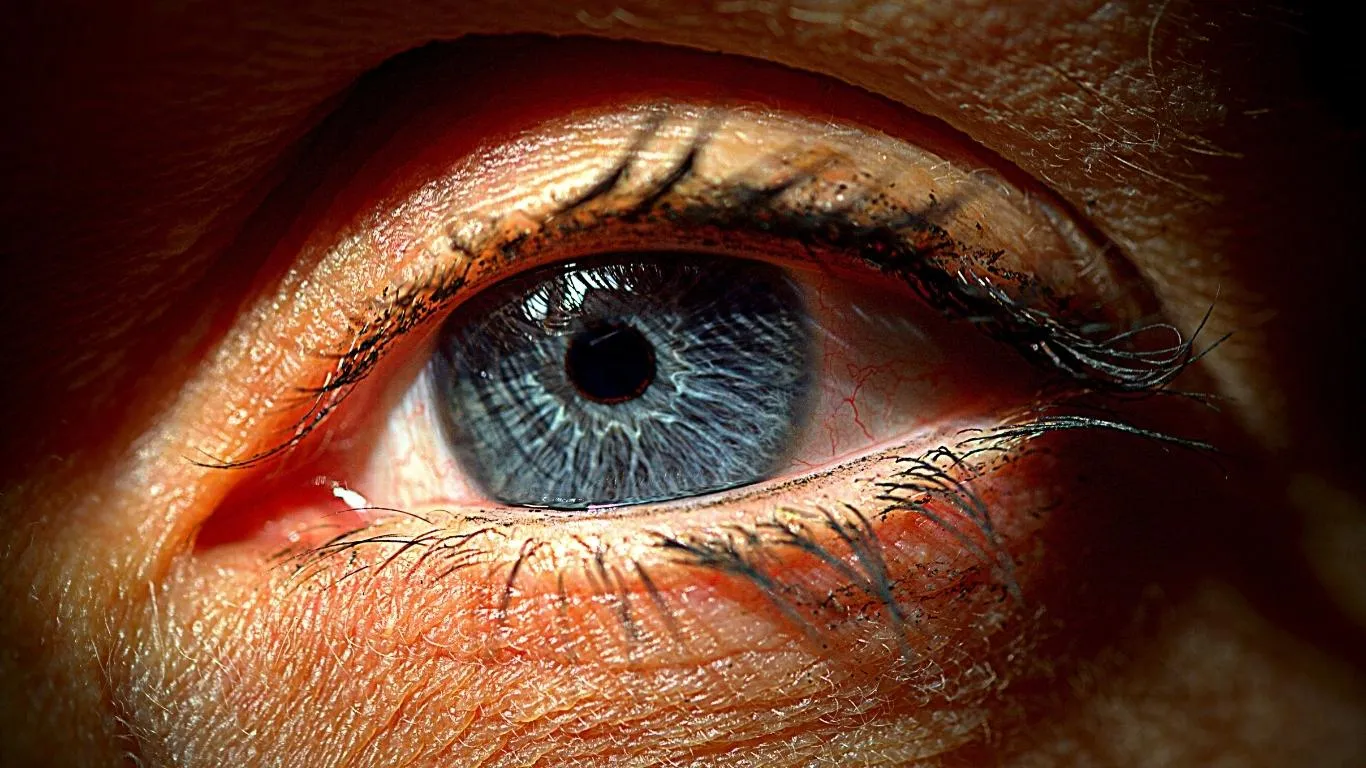
Contrary to what most people assume, having flawless eyesight doesn’t make you immune to eye floaters. In fact, some of the most frustrated people I’ve met with floaters are those who’ve never had any other vision issues. It’s like your eyes betray you just when you thought they were bulletproof.
Floaters are those drifting spots, threads, or cobweb-like specks that appear in your field of vision. They’re caused by tiny clumps or strands inside the vitreous—the jelly-like substance that fills your eye. As light passes through the eye, these clumps cast shadows on your retina, and that’s what you see floating around.
Now here’s the twist: floaters aren’t exclusive to people with eye diseases or aging eyes. Even if your eyesight is pristine, your vitreous body can still undergo changes that cause floaters to form.
Possible Triggers for Floaters in the ‘Perfect Vision’ Club
- Minor trauma like rubbing your eyes too hard or accidental pressure
- Sudden physical exertion—think weightlifting or even sneezing
- Stress and fatigue (yes, your eyes feel it too)
- Dehydration—your vitreous needs hydration like the rest of your body
If you’re wondering whether this is a sign of something serious, the answer is: it depends. In most cases, it’s harmless. But sometimes, it can signal something more. That’s why understanding posterior vitreous detachment is important—this condition is often behind new floaters, even in healthy eyes.
Stress, Screens & Sleep: The Modern Triggers Nobody Talks About
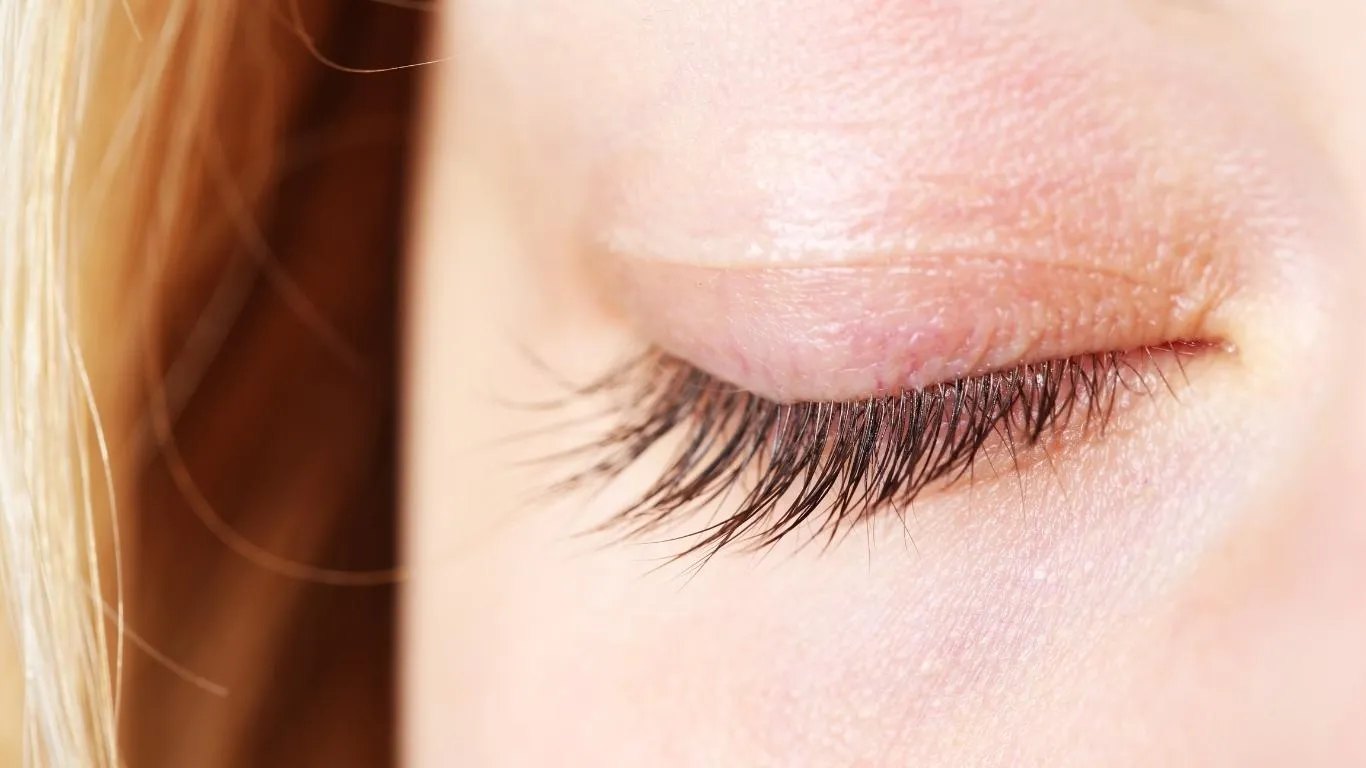
I’m not gonna lie—when I started getting floaters, I had been working long hours in front of a screen and barely sleeping. Turns out, there’s actually a correlation between these modern habits and floater formation, even in people with no visual impairment.
Here’s why your perfect eyes may still suffer:
- Extended screen time causes eye strain and slows eye fluid circulation
- Lack of sleep affects eye metabolism and increases vitreous stress
- Stress hormones may alter eye pressure and collagen health in the vitreous
There’s solid insight in how floaters impact daily life, even for those not classified as myopic. And no, it’s not just in your head. The floaters are real, and they can mess with your focus, especially against white or bright backgrounds.
Floaters or Something Else? How to Tell the Difference
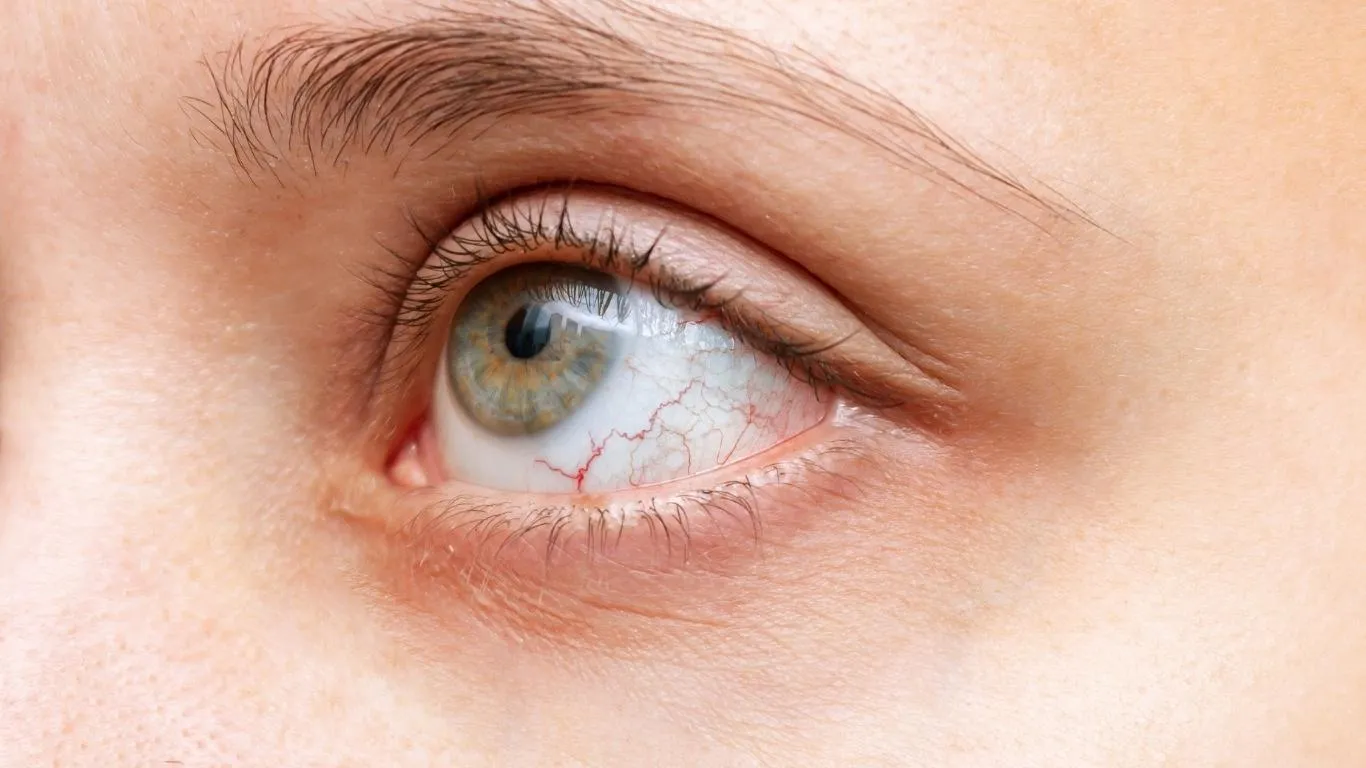
One thing I had to figure out early was whether I was actually seeing floaters—or something else entirely. Some people confuse them with migraine aura or retinal flashes, and trust me, you don’t want to mix those up. The key difference? Floaters move when your eye moves. Flashes don’t. And migraine auras usually come with patterns or lights, not drifting specks.
If you’re ever unsure, check out this guide on floaters vs. flashes. You’ll be surprised how easy it is to get them confused. I once thought I was having a retinal emergency—turns out I just had dry eyes and bad lighting.
When Should You Be Concerned?
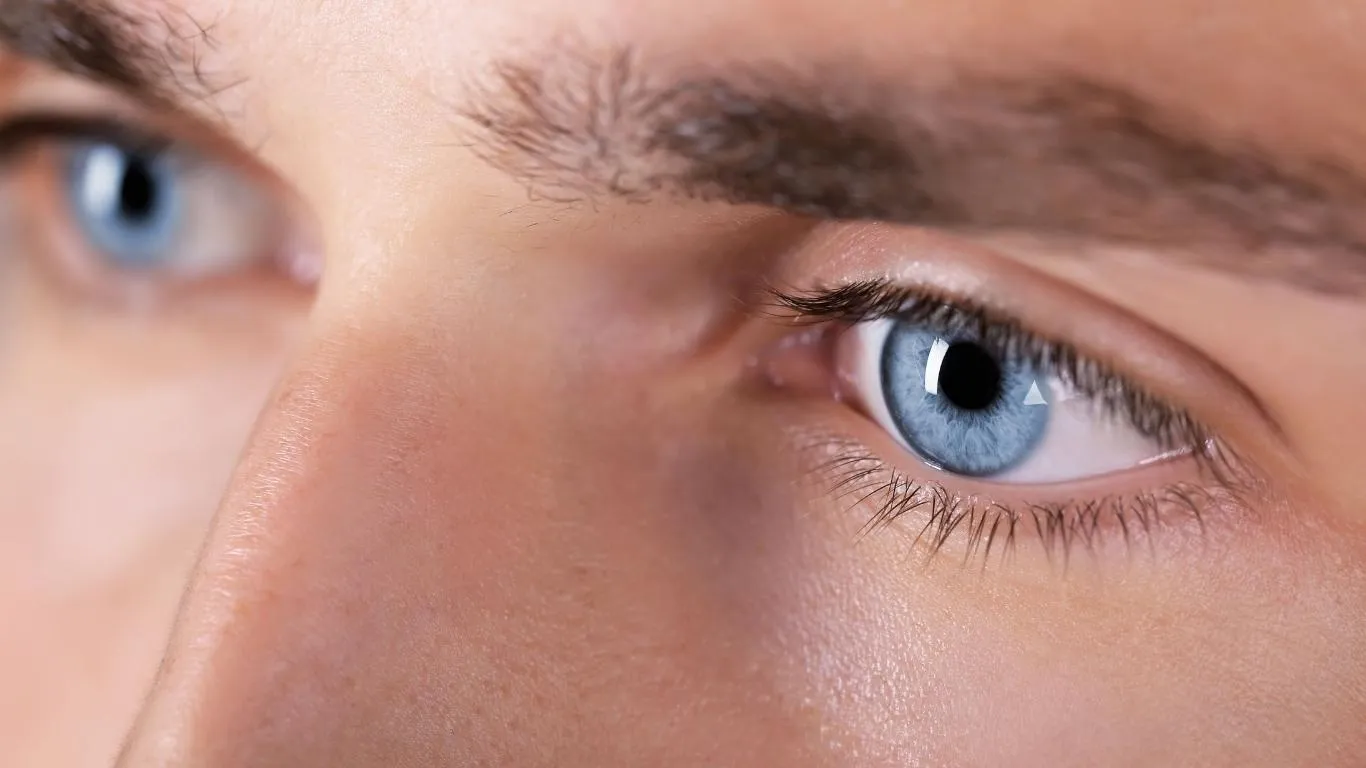
Okay, so not all floaters are created equal. Some are just harmless visual artifacts. Others? They can be a red flag. For instance, if you notice a sudden burst of floaters, flashes of light, or a curtain effect over your vision—go see an eye doctor immediately. That could be a retinal tear or detachment creeping up on you.
Also worth reading: this excellent breakdown on retinal holes and how floaters play into them. I didn’t think floaters could be dangerous until I read that piece—and now I don’t ignore weird changes in my vision.
So, What Can You Actually Do About It?
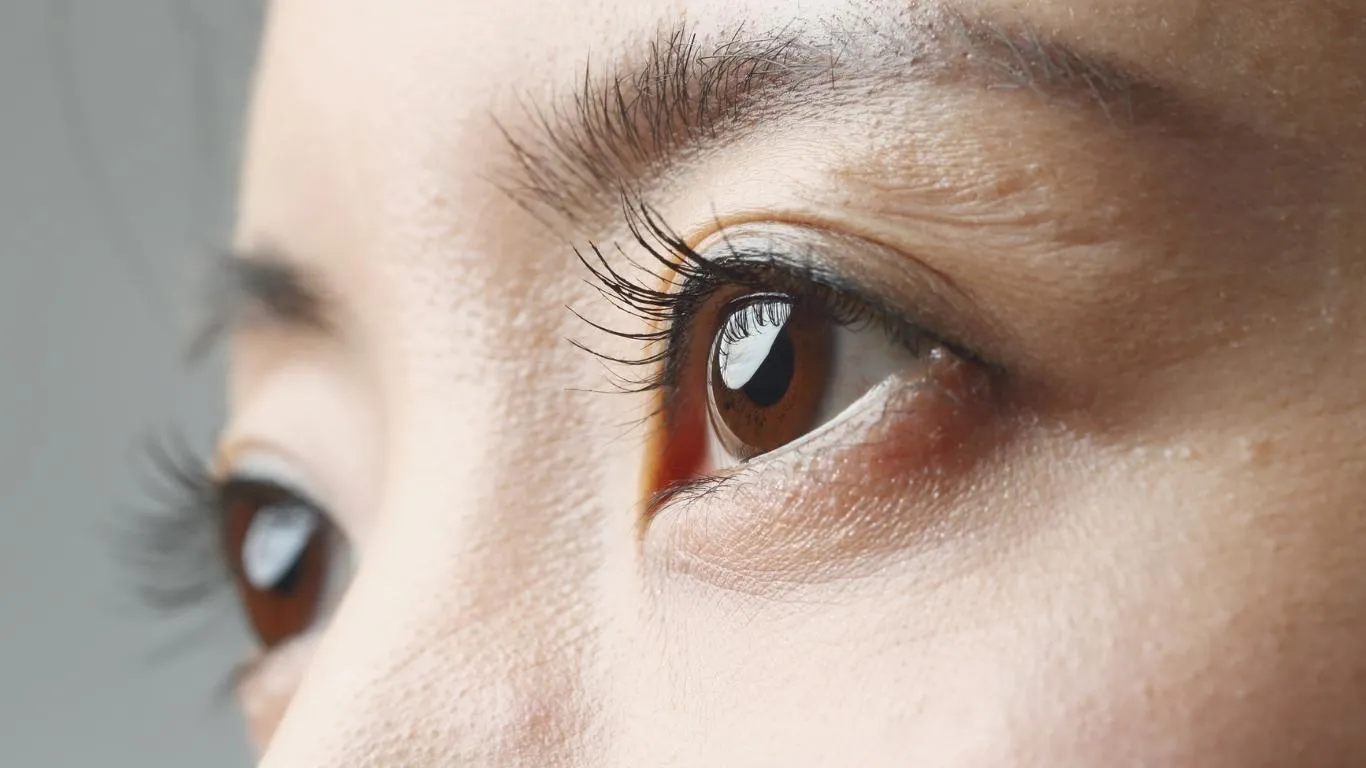
Here’s the raw truth: there’s no miracle fix that instantly zaps floaters away. But that doesn’t mean you’re stuck with them. There are natural strategies and medical treatments that can help manage or reduce their impact.
What worked for me (and might work for you too):
- Hydrating more—simple but incredibly effective for reducing new floaters
- Eye movement exercises—they help shift the floaters out of central vision
- Adjusting lighting—reducing white or bright background exposure
You can also explore some professional treatments like laser vitreolysis or vitrectomy, though those are typically reserved for more severe cases. For most people like me, lifestyle tweaks made a bigger difference than I expected.
Want a deeper dive? I’d suggest starting with this comprehensive main article on eye floaters and the treatment options breakdown for more perspective.
And if you’re curious about the other causes of floaters—especially the surprising ones—you’ll definitely want to keep reading…
Other Surprising Causes of Floaters — That Have Nothing to Do with Your Eyesight
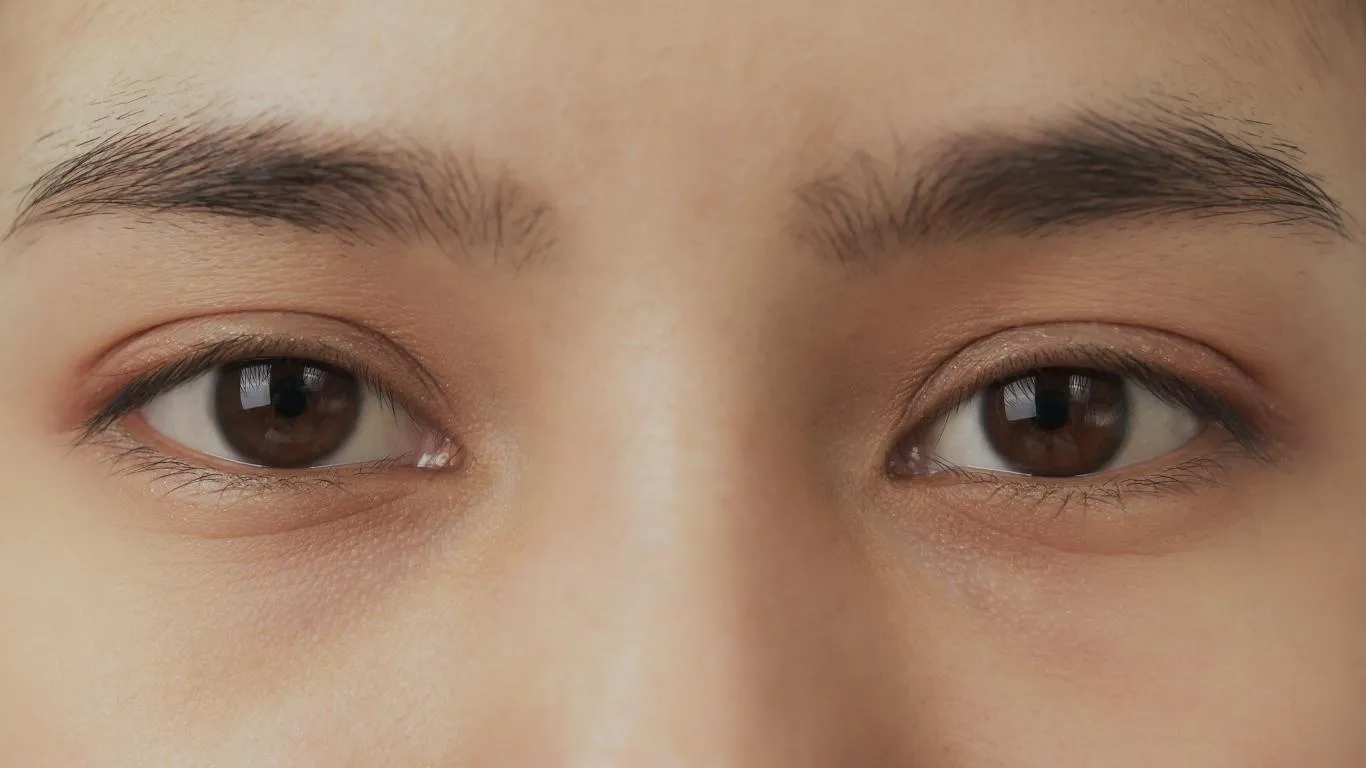
One of the weirdest things I discovered after diving into research (and, okay, a few mild panic sessions) is that eye floaters can be triggered by non-eye-related factors. Seriously. It’s not always about vision itself—sometimes, it’s about the stuff going on around it.
Here are a few culprits that caught me totally off guard:
- High stress levels – Chronic stress messes with circulation and fluid pressure, even in the eyes
- Dehydration – I found this out the hard way after a long hike and zero electrolytes
- Sudden hormonal shifts – Including during pregnancy or post-workout crashes
- Post-dental procedures – Sounds strange, but check out this article for more on that
- Intense screen time – Especially when paired with dry air or bad posture
And if you’re like me and thought, “No way screen time has anything to do with it,” read this: screen time’s link to floaters. I changed my monitor setup the same day I found that one.
Can Nutrition Really Help with Floaters?
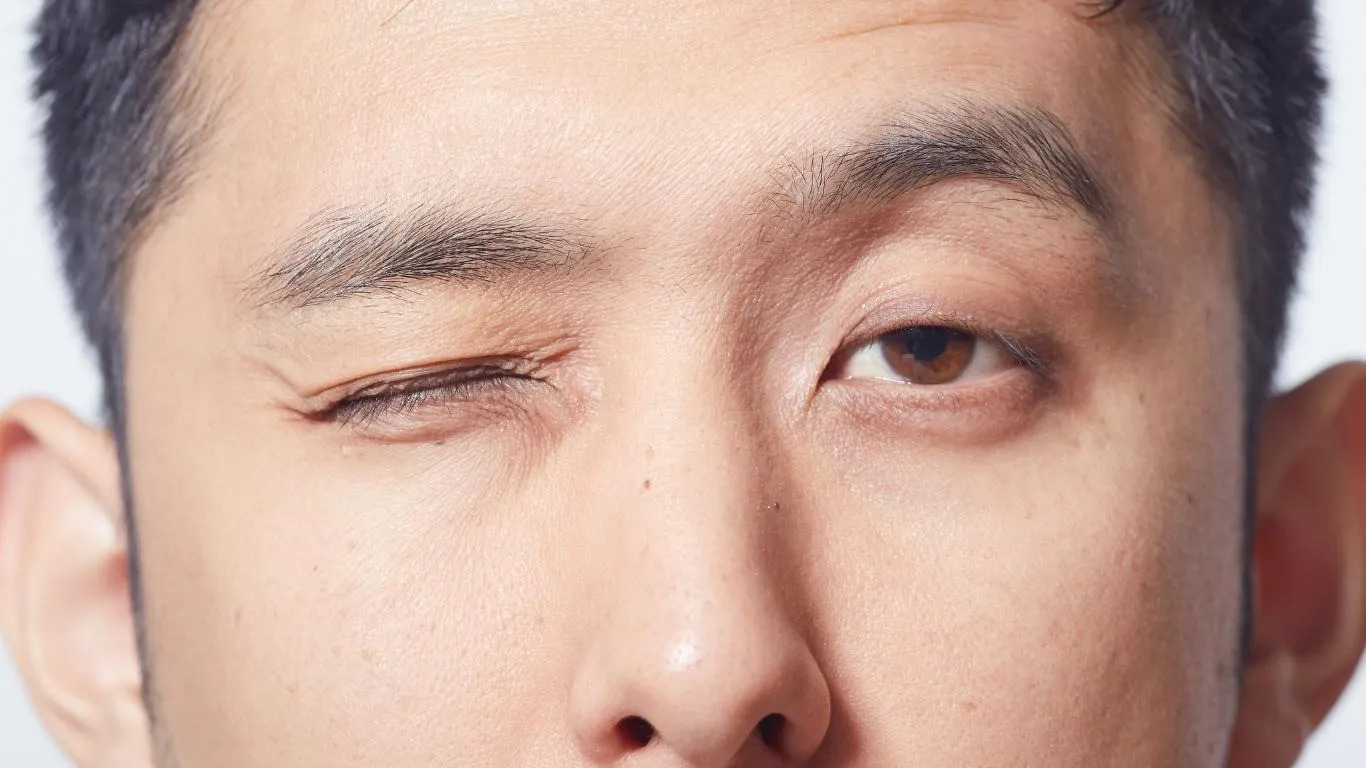
I used to roll my eyes (pun intended) at the idea of food affecting my vision. But there’s actual research behind this, and honestly? I started to notice a shift when I paid attention to my nutrition. My floaters didn’t vanish—but they were less distracting, and I stopped getting new ones every week.
What actually helps (based on both science and my fridge):
- Foods rich in lutein & zeaxanthin – Think spinach, kale, and eggs
- Omega-3s – Salmon or fish oil supplements (my go-to)
- Vitamin C & E – Powerful antioxidants that support eye tissue health
- Collagen support – I switched to bone broth and a low-sugar diet
Eye health supplements can also help—but be cautious with flashy products. Start with this solid guide on what actually works.
When Eye Floaters Are a Sign of Something Bigger
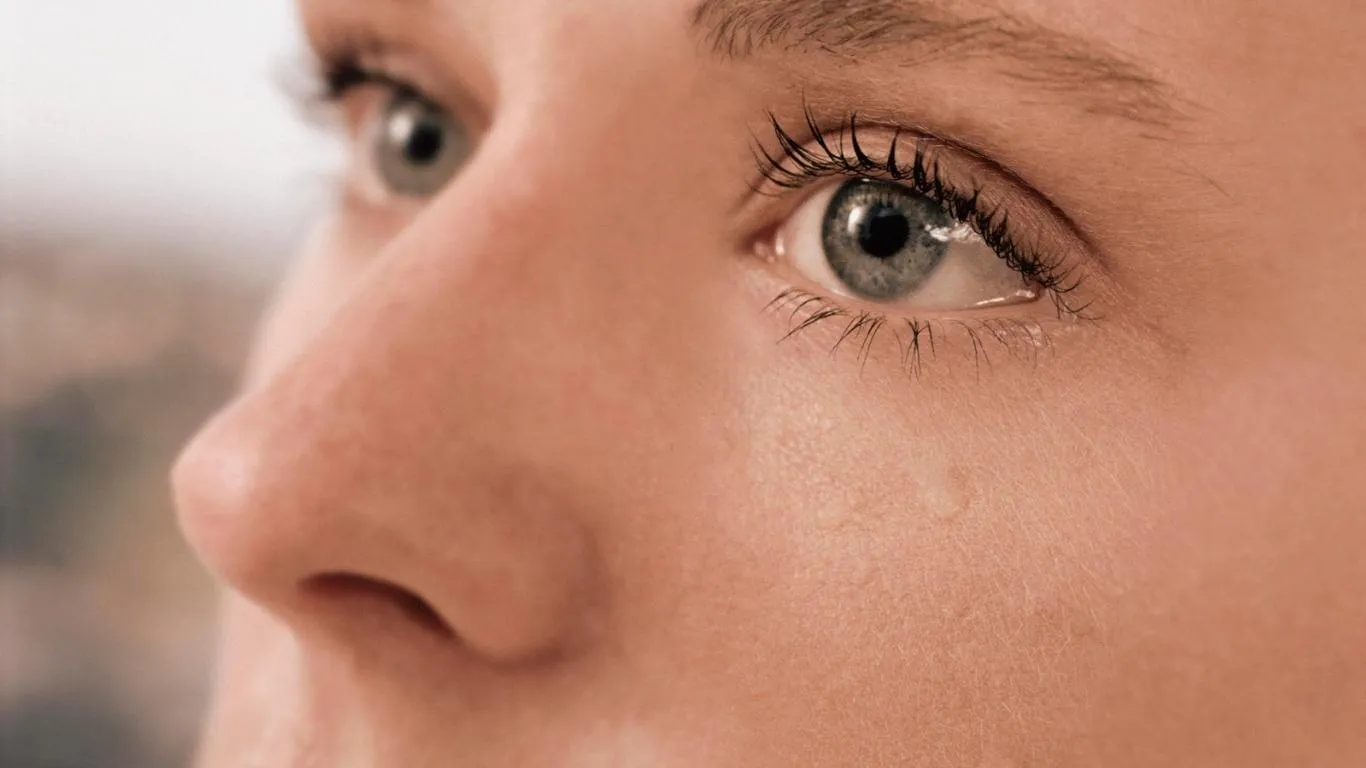
This part gets serious. Floaters are usually harmless—but not always. Especially if they appear suddenly, get worse quickly, or come with other symptoms like flashing lights or shadowy vision. That’s when it’s time to stop Googling and call your doctor.
I know someone who ignored new floaters for weeks. Turned out it was the start of a retinal tear. He was lucky—he caught it just in time. But it could’ve gone a very different way. It’s why knowing the early warning signs of retinal damage is so crucial.
Another major red flag? Seeing floaters along with loss of peripheral vision. That combo can mean something deeper is going wrong in the back of the eye.
So, Do Floaters Ever Go Away?
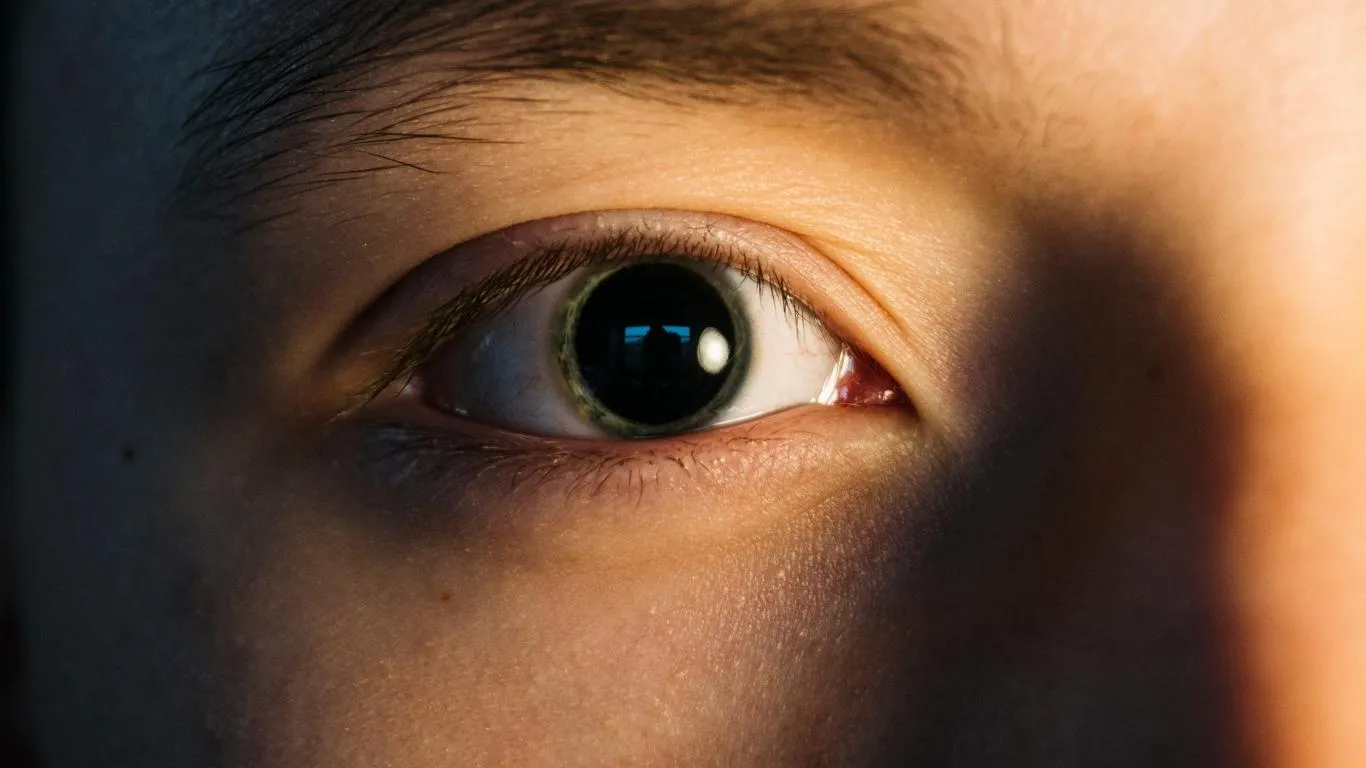
This question haunted me for months. Some days I barely noticed them. Other days, they drove me crazy. The truth is… it depends. For a lot of people, floaters gradually settle to the bottom of the eye or become less noticeable over time. That’s what happened to me. I still see one occasionally, especially on bright backgrounds—but it no longer ruins my day.
Others may need more help. Options like laser treatment or vitrectomy exist, but they come with risks. That’s why most eye specialists recommend observation and lifestyle adjustments first—unless your floaters are really severe or accompanied by complications.
If you’re curious about how long floaters last or when to worry, this piece gives a great breakdown: how long do floaters last?.
Daily Habits That Help Reduce Eye Floaters Naturally
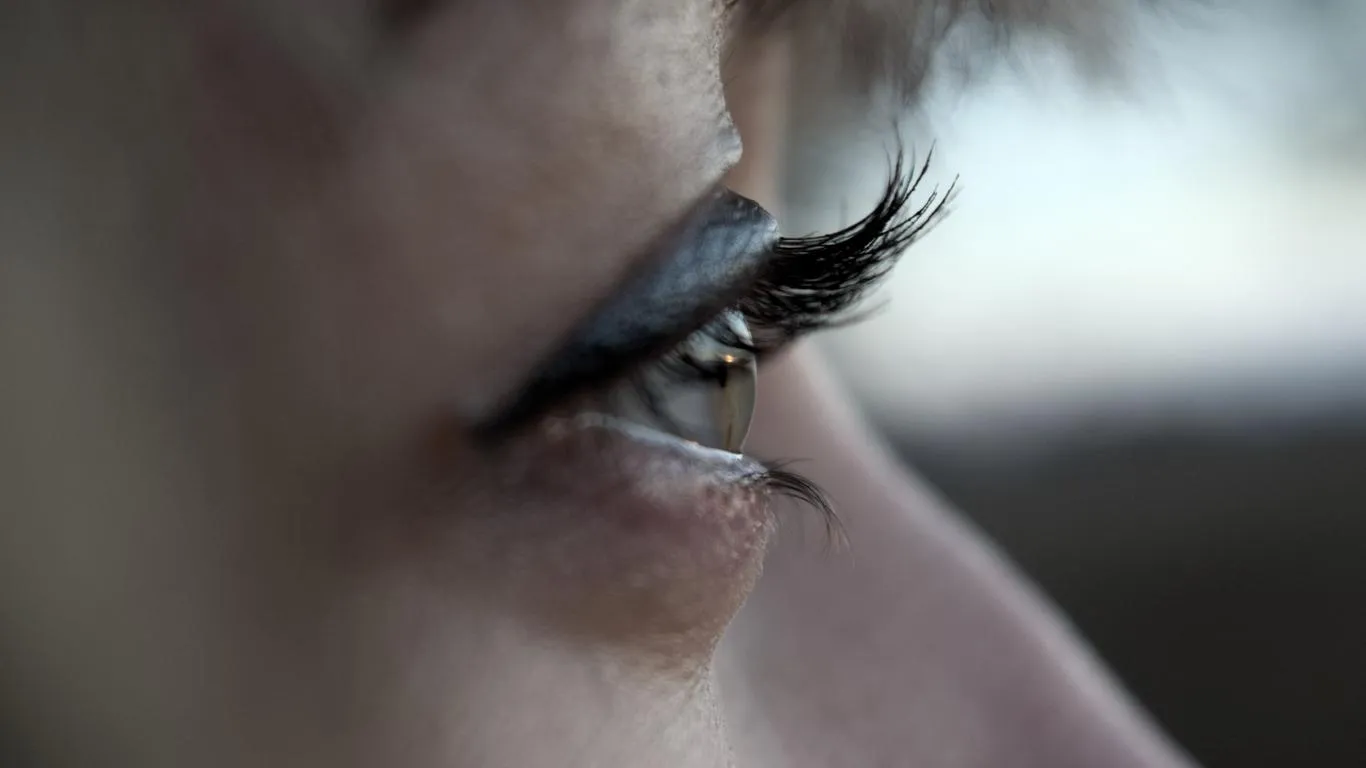
These are the little habits I swear by now. None of them are miracle fixes—but together, they’ve helped me take control instead of feeling helpless:
- Hydrate all day (and not just with coffee)
- Take screen breaks every 25-30 minutes
- Lower brightness on phones and monitors
- Wear sunglasses outside—UV light can make floaters worse
- Try eye movement drills to shift floater position
- Get more omega-3s and lutein in your diet
- Track your floaters using a journal or app
Want more ideas? The folks at Healthusias have some surprisingly effective natural approaches that go beyond the basics.
One Last Thing: Don’t Let Them Control You
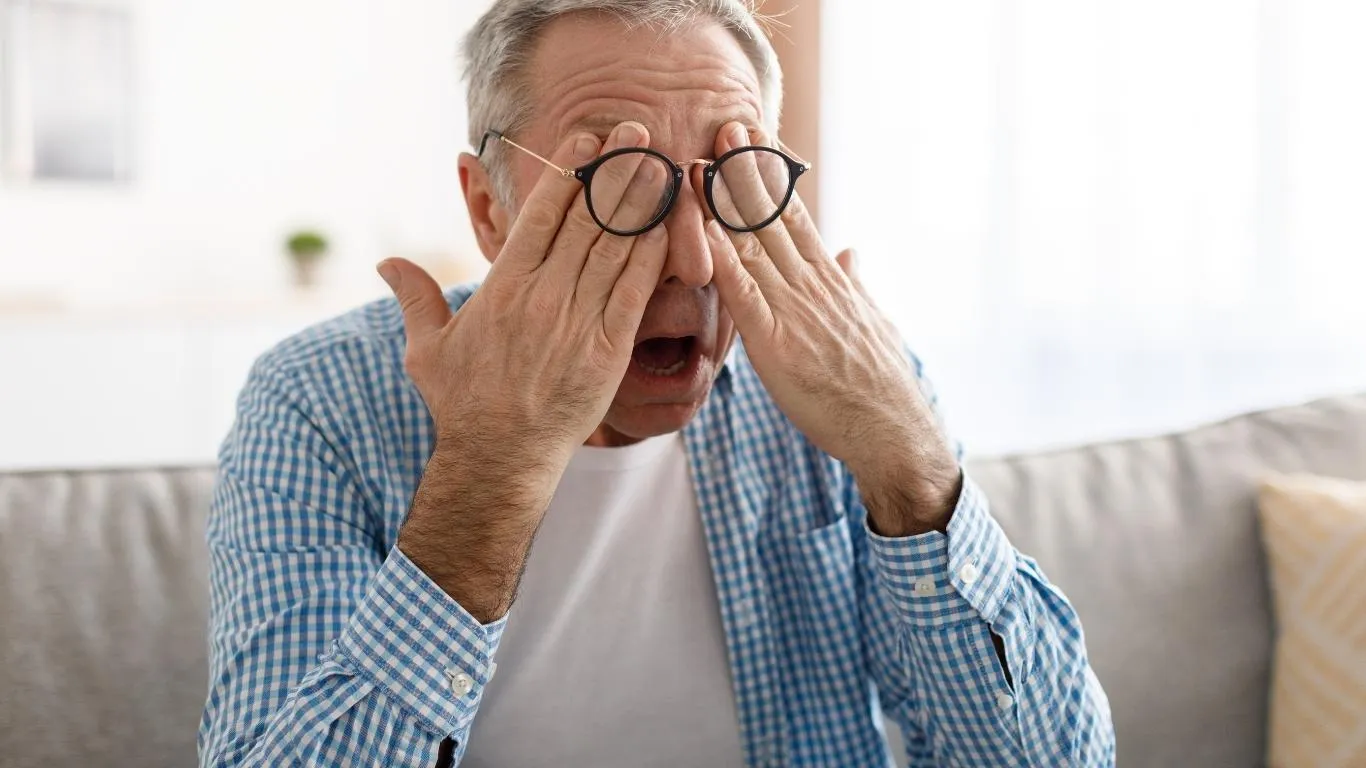
If you’re reading this and dealing with floaters despite having perfect vision—welcome to the club. It sucks. But you’re not alone, and it’s not the end of the world. What helped me most was learning to adapt, making small changes, and not spiraling into anxiety over something I couldn’t completely control.
Instead of obsessing over every dot and thread, I focused on staying healthy, getting rest, and adjusting my habits. Over time, it made a difference—not just in my vision, but in how I felt about it.
If you’re still unsure about where to start, make sure to explore this guide on what causes floaters and what you can do about them and take a look at this list of common floater causes—it’s a great foundation to build your understanding from.
Because even if your eyesight is perfect—your vision still deserves attention.

Camellia Wulansari is a dedicated Medical Assistant at a local clinic and a passionate health writer at Healthusias.com. With years of hands-on experience in patient care and a deep interest in preventive medicine, she bridges the gap between clinical knowledge and accessible health information. Camellia specializes in writing about digestive health, chronic conditions like GERD and hypertension, respiratory issues, and autoimmune diseases, aiming to empower readers with practical, easy-to-understand insights. When she’s not assisting patients or writing, you’ll find her enjoying quiet mornings with coffee and a medical journal in hand—or jamming to her favorite metal band, Lamb of God.

